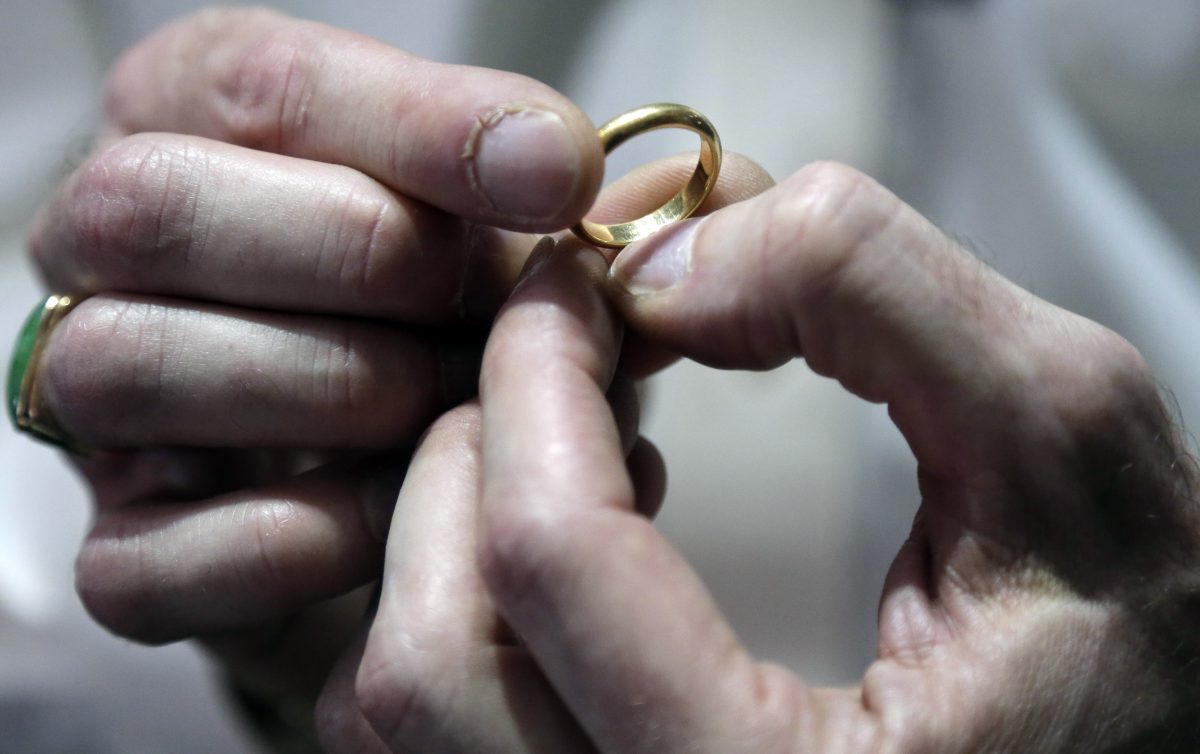Divorce is very common nowadays, as it ends approximately 43% of marriages today. Whether amicable or not, marriages end for various reasons, but ultimately, children have no real say in the matter. The average age of children when their parents divorce is between 6 and 7 years old. Though this age group is commonly shown in media, it usually expands into angsty teen territory for plot convenience.
My life was different than in the movies. My parents separated when I was 17 or more specifically, in June before I left for college over a year ago. At this point, I wasn’t exactly an adult, but I was already blossoming into the hellscape that is adulthood.
My parents’ divorce was amicable, if not a little unforeseen. However, even more unforeseen was packing up and moving by July, whilst still working full-time hours and preparing for college.
I moved away and began my life at LSU, which required being away for most of the year. It also gave my brain a million and one more pressing matters to attend to. So, I made the executive decision to move on and roll with the punches; the separation happened, life is ahead of you and it’s not waiting.
My blissful apathy was broken by the oh so sweet and chilly holiday season.
Most children of divorce have their youth to figure out family dynamics. They get free passes on breaking social norms and being upset and lashing out and having awkward dinners. And by their adult life these people either cut out the awkwardness, have learned coping mechanisms to deal with it or have gotten over it entirely.
I’d argue that adult children don’t get this “luxury.” We are expected to have our coping mechanisms in place and ironclad for the nuclear level explosion that is your first split family Christmas.
If you happen to be more emotional about your family splitting, then you get called childish, naive, sensitive and overly-emotional. But if you show too much apathy then you become the outlet for others’ frustrations and confusions. Or worse, get accused of not caring.
And then, once the holiday season is over, you just go home. And the reality of the divorce gets brushed back for you because you are an adult and you have bigger fish to fry. You move about your life as usual and then boom, summer vacation. And then you’re thrown into the midst of relearning how to treat your dad and mom and how to be sensitive of their feelings and blossoming new lives. Whilst also trying to tell them both how you feel, and maintaining a happy family dynamic even though they aren’t family anymore.
I think that oftentimes the most emotionally mature child in a multiple child household often tried to do a kind of circus-freak tightrope walking act. Meaning that they’re dressed as a clown and are attempting to do a dance of healing with no choreography.
The key to this is obviously clear communication, but it’s surprisingly hard to want to discuss divorce with your family as an adult, because it seems like you’re dwelling on the past. And that maybe you’re just some kid who can’t move on. And, as all of us know, there is nothing worse than being treated like a child when you’re an adult.
The moral of this story is that being an adult child of divorce presents a unique list of problems that are excused for younger children of divorce, because of societal expectations of their behavior. So, I ask on all of our behalf’s, give us some grace. Pretty please.
Garrett McEntee is a 19-year-old English sophomore from Benton.





